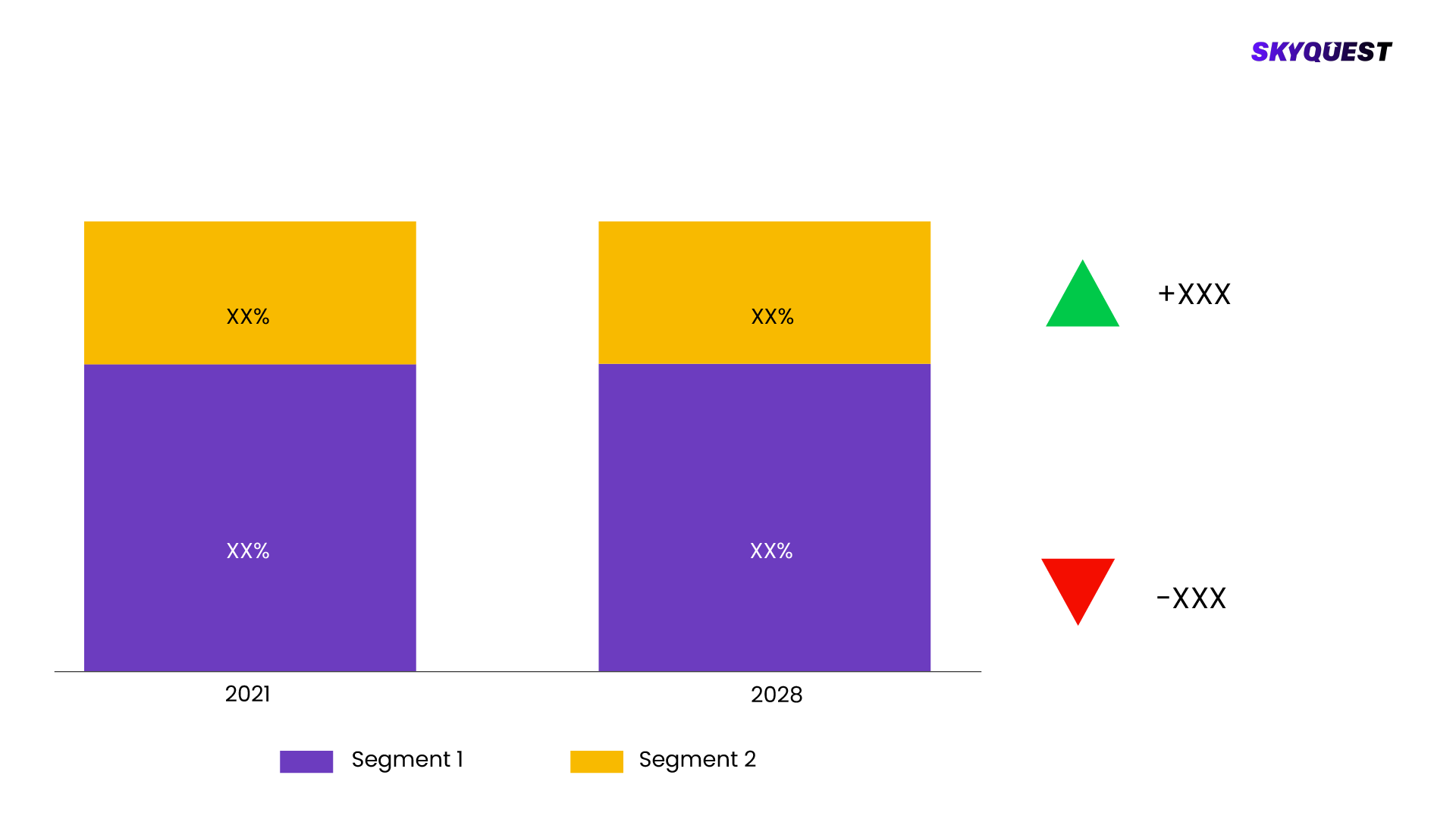
Product ID: UCMIG20X2008

Report ID:
UCMIG20X2008 |
Region:
Global |
Published Date: Upcoming |
Pages:
165
| Tables: 55 | Figures: 60
The Smart Mobility Market is segmented by Element , Solutions, Technology, End User, Geography. We are analyzing the market of these segments to identify which segment is the largest now and in the future, which segment has the highest growth rate, and the segment which offers the opportunity in the future.

Our industry expert will work with you to provide you with customized data in a short amount of time.
REQUEST FREE CUSTOMIZATIONThe market for Smart Mobility was estimated to be valued at US$ XX Mn in 2021.
The Smart Mobility Market is estimated to grow at a CAGR of XX% by 2028.
The Smart Mobility Market is segmented on the basis of Element , Solutions, Technology, End User, Geography.
Based on region, the Smart Mobility Market is segmented into North America, Europe, Asia Pacific, Middle East & Africa and Latin America.
The key players operating in the Smart Mobility Market are , TOYOTA motor corporation , Excel fore , Cisco Systems, Inc. , Ford motor company , Siemens , Robert Bosch Gmbh , Qualix information System , Maas Gobal Oy , Tom Tom International N.V , Innoviz technologies .
Want to customize this report? This report can be personalized according to your needs. Our analysts and industry experts will work directly with you to understand your requirements and provide you with customized data in a short amount of time. We offer $1000 worth of FREE customization at the time of purchase.

Product ID: UCMIG20X2008